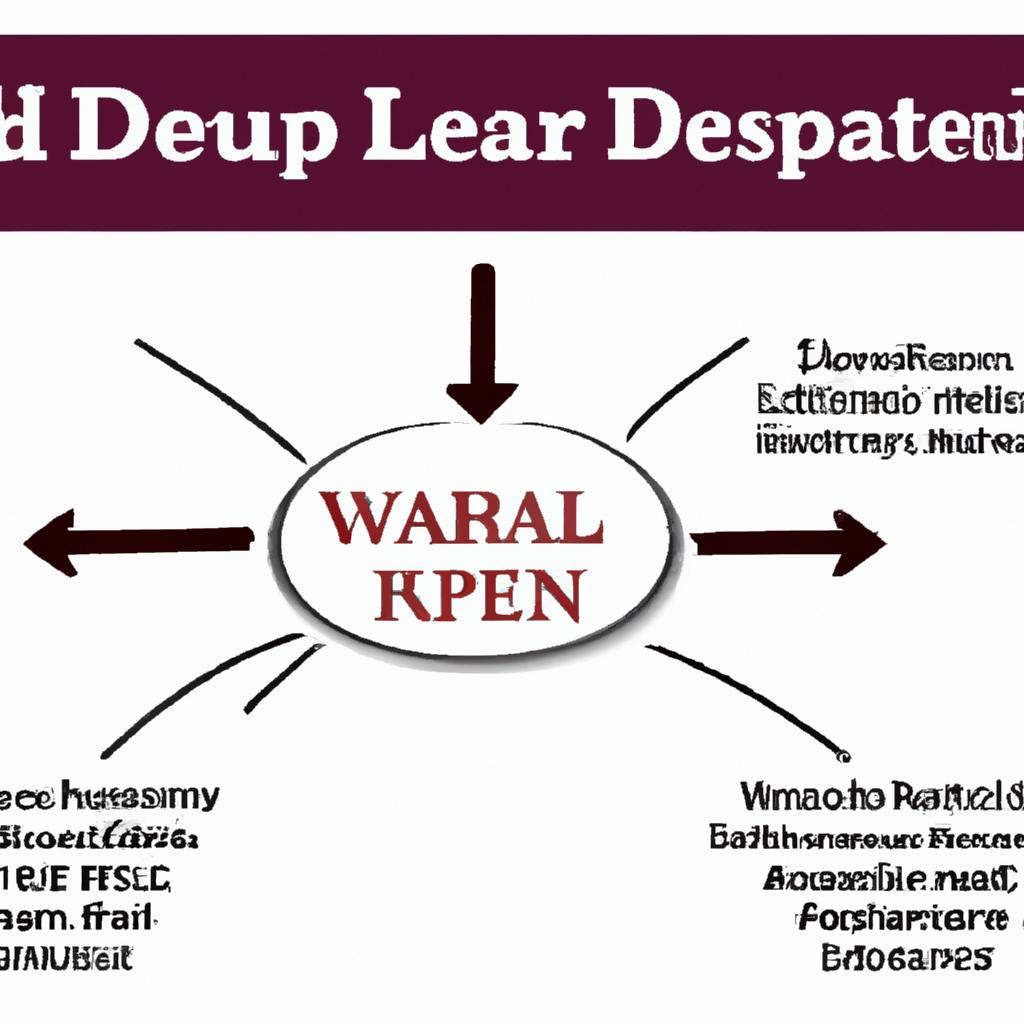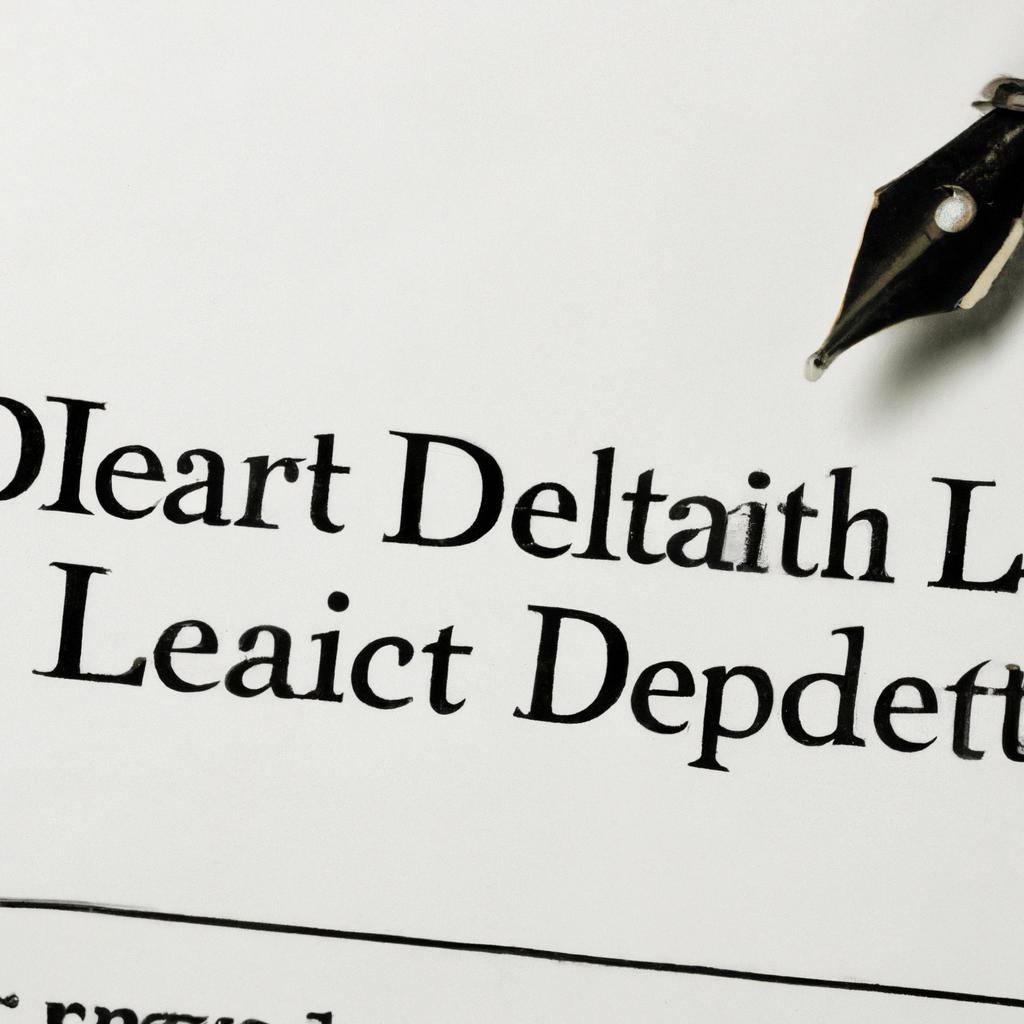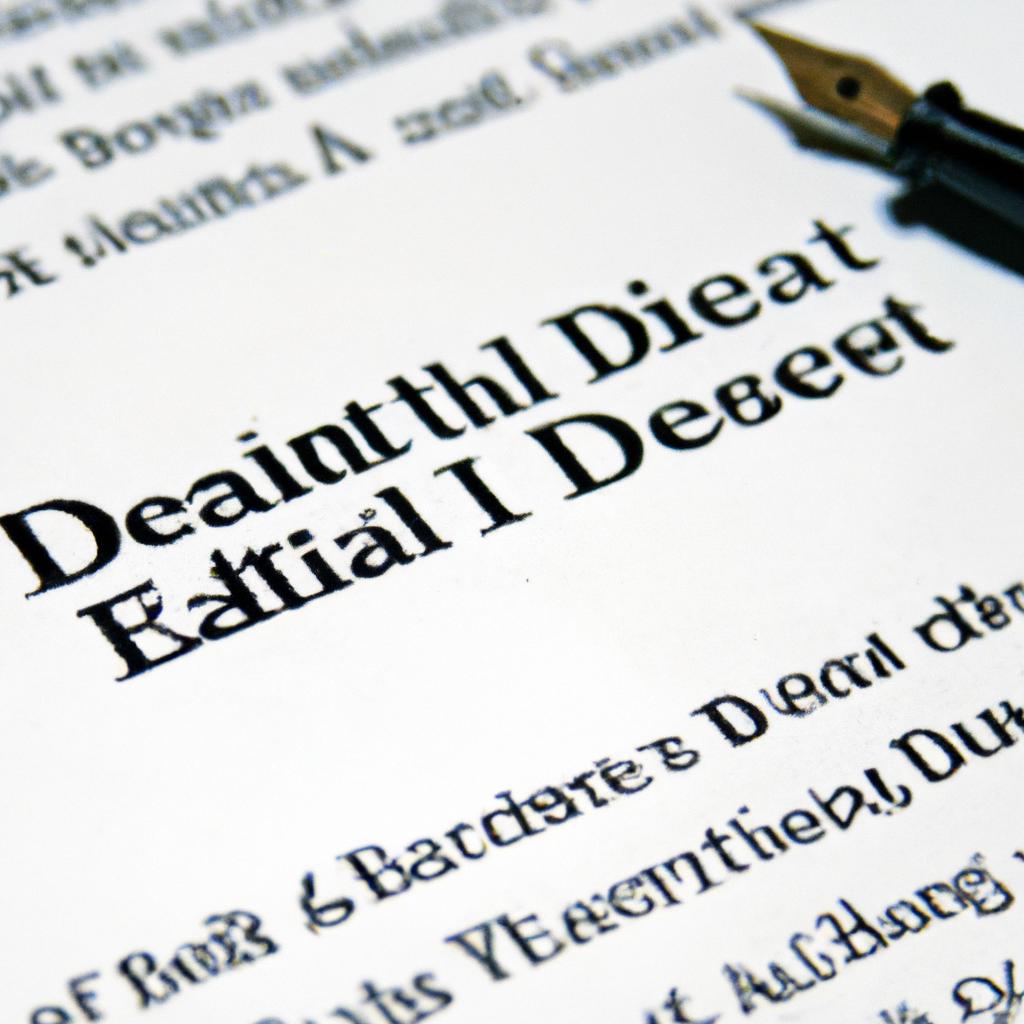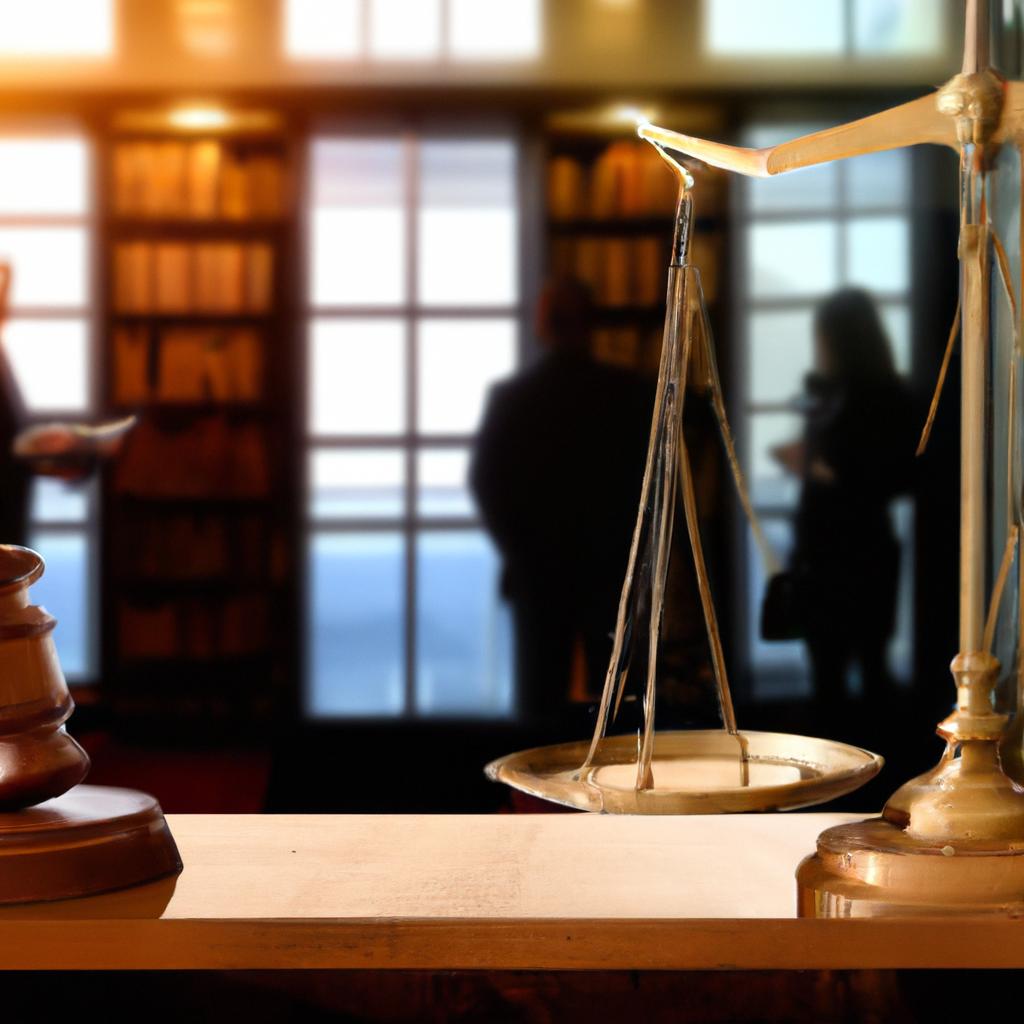In the intricate realm of estate planning, one legal instrument that often garners attention is the death deed. This unique document, also known as a transfer on death deed, holds the power to streamline the transfer of real property upon the owner’s passing. As seasoned practitioners at Morgan Legal Group in New York City, we navigate the nuances of death deeds with meticulous precision to ensure our clients’ estates are protected and efficiently distributed. Join us as we unravel the complexities and uncover the true meaning of the death deed in the realm of estate planning.
Understanding the Purpose and Function of a Death Deed
When it comes to estate planning, a death deed, also known as a transfer on death deed, plays a crucial role in ensuring that your assets are passed on to your chosen beneficiaries smoothly and efficiently. This legal document allows you to designate who will inherit your real estate property upon your passing, bypassing the need for probate court and potential disputes among family members.
is essential for anyone looking to secure their legacy and provide for their loved ones. With a death deed, you have the power to control the distribution of your property and avoid the potential delays and expenses associated with the probate process. By clearly outlining your wishes in this document, you can rest assured that your assets will be transferred according to your intentions, providing peace of mind for you and your beneficiaries.

The Legal Implications of Executing a Death Deed
When considering , it is crucial to understand the significance of this document in estate planning. A death deed, also known as a transfer-on-death deed or beneficiary deed, allows a property owner to transfer real estate to a designated beneficiary upon their death, without the need for probate.
It is important to consult with a knowledgeable estate planning attorney to ensure that a death deed is executed correctly and complies with state laws. Failure to adhere to legal requirements could result in the document being deemed invalid, leading to complications in the transfer of property ownership. Additionally, understanding the implications of a death deed can help individuals make informed decisions regarding their estate planning goals and objectives.

Benefits of Utilizing a Death Deed in Estate Planning
When it comes to estate planning, utilizing a death deed can offer a range of benefits for individuals looking to protect their assets and ensure their wishes are carried out after they pass away. A death deed, also known as a transfer-on-death deed or beneficiary deed, is a legal document that allows property owners to designate who will inherit their real estate upon their death. This can be a valuable tool for avoiding probate, simplifying the transfer of property, and providing peace of mind for both the property owner and their heirs.
One of the main is that it allows the property to pass directly to the designated beneficiary upon the owner’s death, bypassing the need for probate court involvement. This can help save time and money for both the estate and the beneficiaries, as probate can be a lengthy and costly process. Additionally, a death deed provides a level of privacy for the property owner, as the transfer of property does not become part of public record until after their death. By carefully selecting beneficiaries and utilizing a death deed as part of an overall estate plan, individuals can ensure that their property is passed on according to their wishes in a smooth and efficient manner.

Important Considerations When Creating a Death Deed
When creating a death deed, there are several important considerations that must be taken into account to ensure that your wishes are carried out effectively. One of the most crucial aspects to consider is who you want to inherit your property upon your passing. Whether it be a family member, friend, or charitable organization, it is essential to clearly specify your intentions in the deed to avoid any confusion or disputes among potential beneficiaries.
Additionally, it is imperative to carefully review and understand the legal implications of a death deed. It is recommended to seek professional legal advice to ensure that the deed complies with state laws and regulations. By consulting with an experienced estate planning attorney, you can rest assured that your wishes will be properly documented and executed according to your desires.
Q&A
Q: What is a death deed?
A: A death deed, also known as a transfer-on-death deed, is a legal document that allows a property owner to designate who will inherit their property upon their death, without the need for probate.
Q: How does a death deed differ from a traditional will?
A: A traditional will outlines how a person’s assets should be distributed after their death, while a death deed specifically designates who will inherit a specific property.
Q: What are the benefits of using a death deed?
A: One of the main benefits of using a death deed is that it allows for the efficient transfer of property without the need for probate, saving time and money for both the property owner and their beneficiaries.
Q: Are there any limitations or restrictions to using a death deed?
A: Some states have specific requirements for creating and executing a death deed, so it is important to consult with a legal professional to ensure that the document is valid and enforceable.
Q: Can a death deed be revoked or changed?
A: Yes, a death deed can typically be revoked or changed at any time before the property owner’s death by executing a new deed or by following the specific procedures outlined in the original deed.
Q: What should someone consider before creating a death deed?
A: It is important to carefully consider who should be designated as the beneficiary of the property, as well as to fully understand the implications of using a death deed instead of a traditional will in their estate planning strategy.
The Way Forward
In conclusion, understanding the concept of a death deed is a crucial aspect of estate planning and ensuring that your wishes are carried out after you pass away. By utilizing this legal tool, you can provide clarity and simplicity in transferring ownership of your property to your desired beneficiaries. Remember, seeking professional guidance from a real estate attorney or estate planner can help you navigate the intricacies of executing a death deed effectively. Embracing the inevitable with preparedness and foresight can bring peace of mind and security to you and your loved ones. Let the death deed be a beacon of light in the darkness, guiding your legacy towards a harmonious and orderly future.
 Understanding the Meaning and Benefits of a Death Deed
Understanding the Meaning and Benefits of a Death Deed
When it comes to end-of-life planning, many people are aware of the importance of a will or a trust. These documents help ensure that your assets are distributed according to your wishes after you pass away. However, there is another important document that often gets overlooked – a death deed. In this article, we will explore the meaning and benefits of a death deed and why it should be an essential part of your estate planning.
What is a Death Deed?
A death deed, also known as a transfer-on-death deed or beneficiary deed, is a legal document that allows an individual to transfer their real property to a designated beneficiary upon their death. This type of deed is similar to a regular deed in that it transfers property ownership, but the transfer does not occur until the owner’s death. Essentially, you are able to retain ownership and control of your property during your lifetime, but it automatically transfers to your designated beneficiary upon your passing.
Benefits of a Death Deed
There are several benefits to having a death deed as part of your estate planning. Some of the main advantages include avoiding probate, maintaining privacy, and flexibility.
Avoiding Probate
Probate is the court-supervised process of distributing a deceased person’s assets. This can be a lengthy and expensive process, often taking months or even years to complete. The court fees and attorney fees associated with probate can also eat into the value of your estate, leaving less for your loved ones. With a death deed, the beneficiary directly receives the property without the need for probate, allowing for a more streamlined and cost-effective transfer of assets.
Maintaining Privacy
Another benefit of a death deed is that it allows you to transfer your property privately. Unlike a will, which becomes part of the public record after your passing, a death deed does not need to be filed or recorded until your death. This means that the details of your property transfer remain confidential and do not become a matter of public knowledge, providing you with a greater level of privacy.
Flexibility
A death deed provides you with the flexibility to change your designated beneficiary at any time during your lifetime. This means that if your circumstances change or you want to leave your property to someone else, you can easily update the document. It also allows you to revoke the deed if you change your mind about transferring your property to a beneficiary.
Practical Tips for Creating a Death Deed
Creating a death deed is a straightforward process, but it is important to consult with a legal professional to ensure that it is executed correctly. Here are some practical tips to keep in mind when creating a death deed:
1. Choose your beneficiary wisely – Make sure to select a trusted individual who you know will honor your wishes.
2. Clearly define the property being transferred – The deed should include a detailed description of the property, including the address and any identifying numbers.
3. Be aware of potential tax implications – While a death deed can help avoid probate, it may have tax implications for both the grantor and beneficiary. It is important to discuss this with a tax professional.
4. Keep the deed in a safe place – It is crucial to keep the death deed in a secure and easily accessible location, such as a safe or with your attorney.
Real-Life Examples
A death deed can be an essential tool in estate planning, and there have been many cases where it has helped individuals and families avoid the complications and expenses of probate. In one example, an elderly couple knew that they wanted their home to go to their daughter upon their passing but did not want to deal with the complexities of probate. They chose to create a death deed, which allowed a seamless transfer of the property to their daughter after their death without the need for probate.
In another case, a couple decided to make a death deed after their youngest child tragically passed away. They wanted to leave their home to their remaining children, but they were hesitant to create a will and go through probate. With a death deed, they were able to easily and privately transfer the property to their living children, avoiding any potential family conflicts that may have arisen through the probate process.
In conclusion, a death deed can be a valuable tool in your estate planning toolkit. Not only does it provide a cost-effective and private way to transfer property to your loved ones after your death, but it also allows for flexibility and ease of use. If you are considering creating a death deed, it is important to consult with a legal professional to ensure that it aligns with your estate planning goals and needs. By taking the time to create this important document, you can ensure that your property is transferred according to your wishes and provide peace of mind for both you and your beneficiaries.

